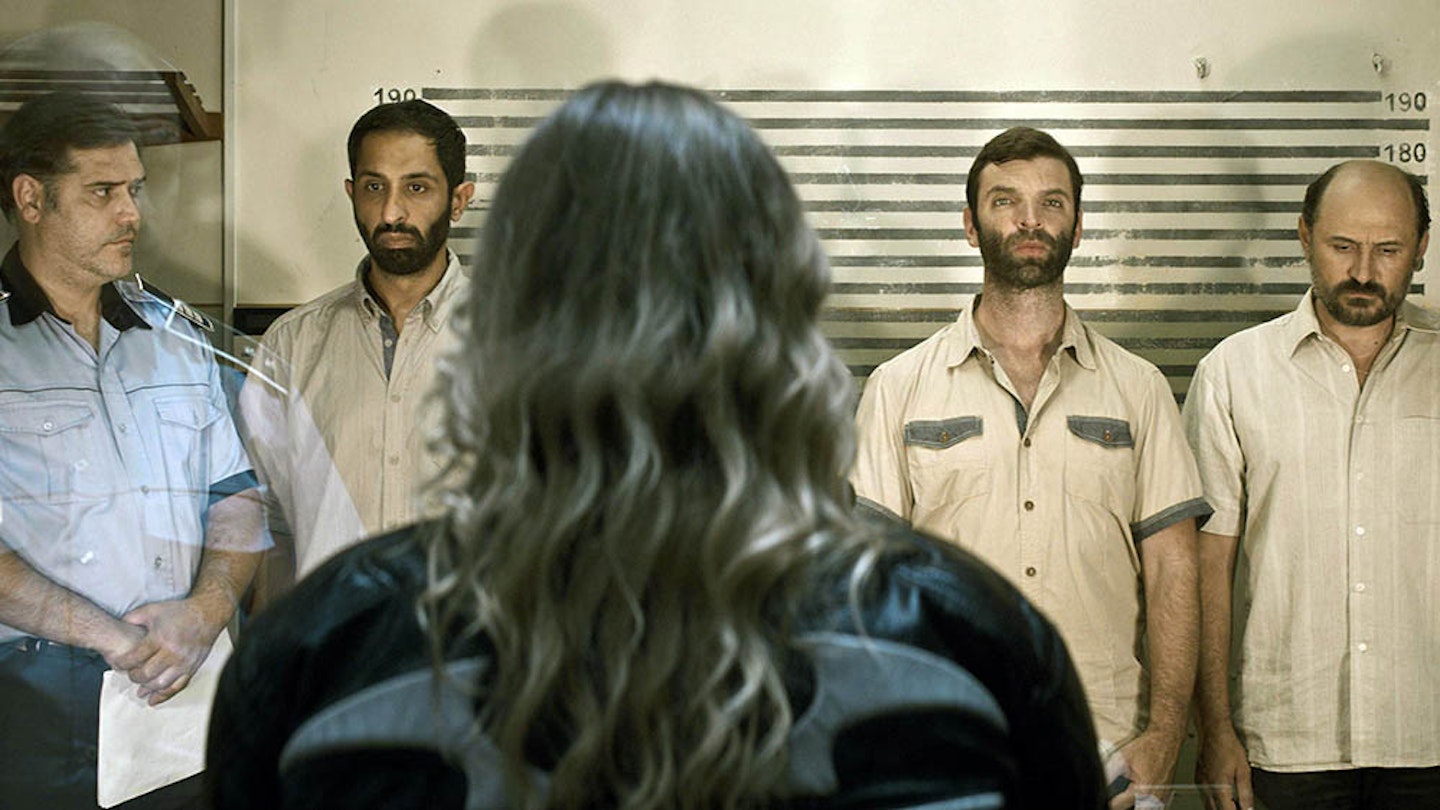It's easy to overlook the artistry when watching a raw slice of social realism. But there's no mistaking the finesse of Romanian auteur Cristian Mungiu in this excruciating study of a decent, if deluded man's descent into despair and disrepute, as it captures the lot of ordinary citizens with an objective insight into human nature, a shrewd appreciation of political context and an authentic sense of place that are almost unrivalled in world cinema.
Bitterly regretting his decision to return from exile following the overthrow of Nicolae Ceausescu, hospital doctor Romeo (Adrian Titieni) is determined to ensure daughter Eliza (Maria Dragus) passes the exams that will secure her passage out of the bleak north-western town of Cluj-Napoca. But, even before she is assaulted on her way to school, Eliza is having second thoughts about the future Romeo has mapped out with long-suffering wife Magda (Lia Bugnar), and the discovery he is sleeping with teacher Sandra (Malina Manovici) makes her even more reluctant to give up her biker boyfriend and collude in the back-scratching conspiracy her father has concocted with his cop buddy, a corrupt politician and the chief examiner.
Echoes of Michael Haneke's Hidden and Cristi Puiu's Aurora reverberate around this lament for those Romanians whose dreams have been betrayed by the nation's failure to slip the shackles of its sinister past. But, as Mingui implies that he who is without sin has the right to cast the first stone, he leaves us in little doubt that Romeo is as flawed as the system he despises because he refuses to play by its rules or use his status to bring about change.
